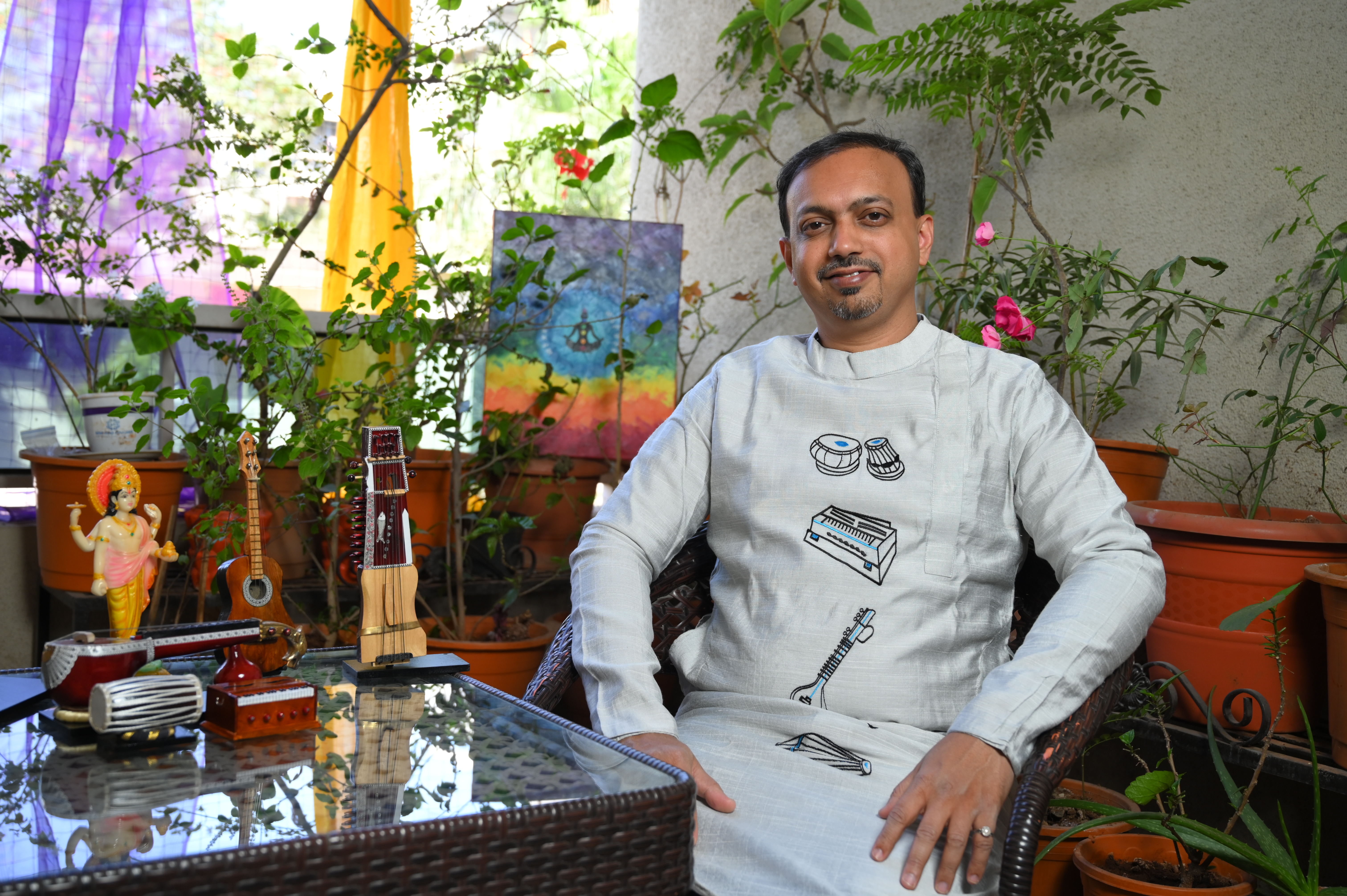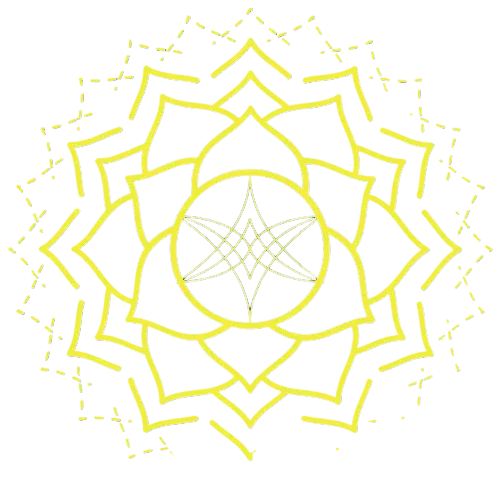Music Therapy In India

Santosh Ghatpande
30 Jul 2024
India has a rich tradition of using music for healing that spans thousands of years. Classical music, folk traditions, and devotional practices have long been integral to spiritual and physical well-being. Music therapy is gaining traction in India, with a growing number of professionals and organisations dedicated to its practice and development. Ancient Indian knowledge of music, particularly as it relates to the Vedas, is a fascinating area that reveals how music was deeply integrated into religious, philosophical, and cultural practices. The Vedas, which are among the oldest sacred texts in the world, contain references to music, chants, and rituals that reflect the importance of music in Vedic society.
Researchers from the University of Hyderabad (UoH) have come out with the first-ever evidence from ancient Indian medical texts to show that Rishi Sushrut (800 BCE) and Rishi Charak (300 BCE) had utilised music therapy to treat coma patients. While Rishi Sushrut, the father of surgery in India, had prescribed music therapy to bring patients out of coma, Rishi Charak had utilised music on patients, who came out of coma, to clear their diffused mental state. (Ref : Research Paper of Hyderabad University - Year 2022). The Sam Ved emphasises the use of musical tones and rhythms in religious practices, underscoring the belief that music has a divine and transformative power. The chanting from the Sam Ved is considered to be a form of ritualistic sound that connects the practitioner with the divine.
Concept of Rag is arrived from India (Rag - Set of Specific notes) which strongly connects with Rag Chikitsa (ancient text about healing Through music).The Vedic tradition places a strong emphasis on the precise chanting of hymns, which involves specific intonations, rhythms, and pronunciations. This chanting is believed to have a direct impact on the spiritual and ritual efficacy of the practice. While the detailed system of rag (melodic frameworks) and tal (rhythmic cycles) as known in classical Indian music developed later, early Vedic music reflects an understanding of tonal variation and rhythmic patterns. The Sam Veda’s musical chants are early examples of such structured musical elements.
The Vedas thus provide a glimpse into the ancient Indian understanding of music as a sacred and integral part of spiritual and ritualistic life. They highlight the deep connection between music, spirituality, and ritual practice in ancient Indian culture. Music was considered a means to connect with the divine and enhance spiritual experiences. The precise recitation and performance of hymns were believed to align the practitioner with cosmic and divine forces.
It shows that India have strong and rooted connect with Music Therapy field since Vedic texts and ancient living. The modern practice of music therapy in India began to take shape in the late 20th and early 21st centuries. It incorporates both traditional Indian music and Western techniques. Music therapy in India is an evolving field that bridges traditional practices with modern therapeutic approaches. Its growing acceptance and integration into healthcare and educational systems highlight its potential to enhance well-being and quality of life for many individuals.
Book a session
If you wish to learn more about music therapy and how it can help you or your loved ones, feel free to book a session with us.
